Our salmon don’t have to disappear
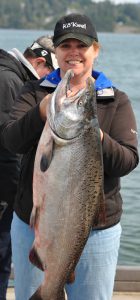
Jii-la! (Greetings, friends!)
I’m Brenda Meade, chairman of the Coquille Indian Tribe. Coquille River salmon have nourished my people for countless generations. Our ancestors have relished and revered these amazing fish since time began.
But a tragedy has struck in the past few years. Fall Chinook salmon have nearly disappeared from the Coquille River.
As recently as 2010, more than 30,000 fall run Chinook returned to spawn in the river. In recent years, that number has shrunk to just a few hundred. These wonderful fish are on the edge of extinction.
What’s killing our salmon?
Several issues have come together to cause this tragedy:
- Invasive bass species devour juvenile salmon on their way to the ocean.
- Year after year, ODFW’s brood stock collection has fallen short of its goals, while seals feasted on adult salmon returning to spawn in the river.
- Pollution, sediment and warmer water have impeded the salmon life cycle.
- Old, deteriorated fish hatcheries have produced too few smolts.
- Rigid state policies have prevented effective management.
- The Coquille River has been a low priority in the state budget.
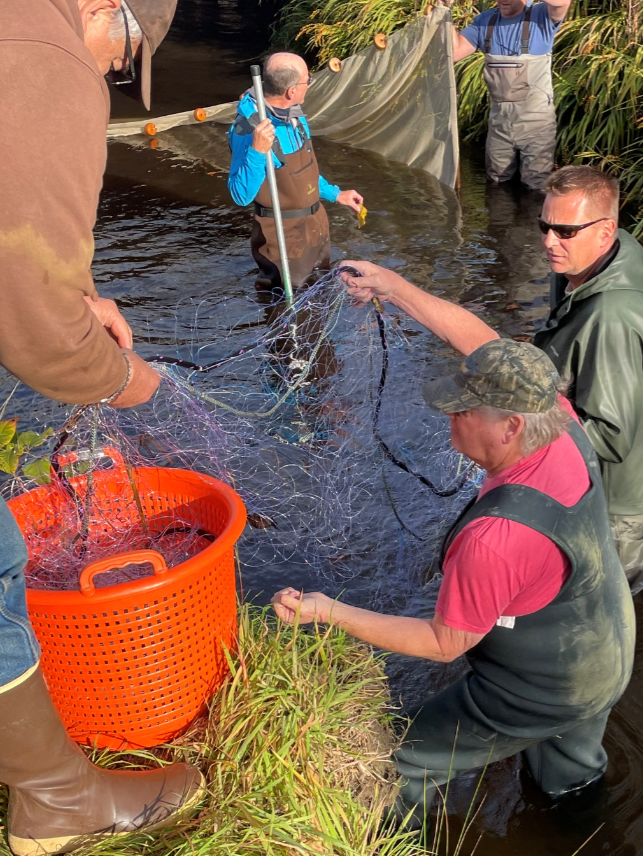
We’re stepping up
Despite these challenges, we believe the Coquille River’s fall Chinook salmon still can be saved. In the summer of 2021, the Coquille Tribe began collaborating with the state of Oregon. Over the next year, we developed a new kind of cooperative relationship with the Oregon Department of Fish and Wildlife – not only to address the salmon crisis, but ultimately to co-manage the Coquille watershed.
Today we are collaborating with state and local officials, landowners and sportsmen to clean up the river, thwart the predators, revitalize the hatcheries and restore habitat.
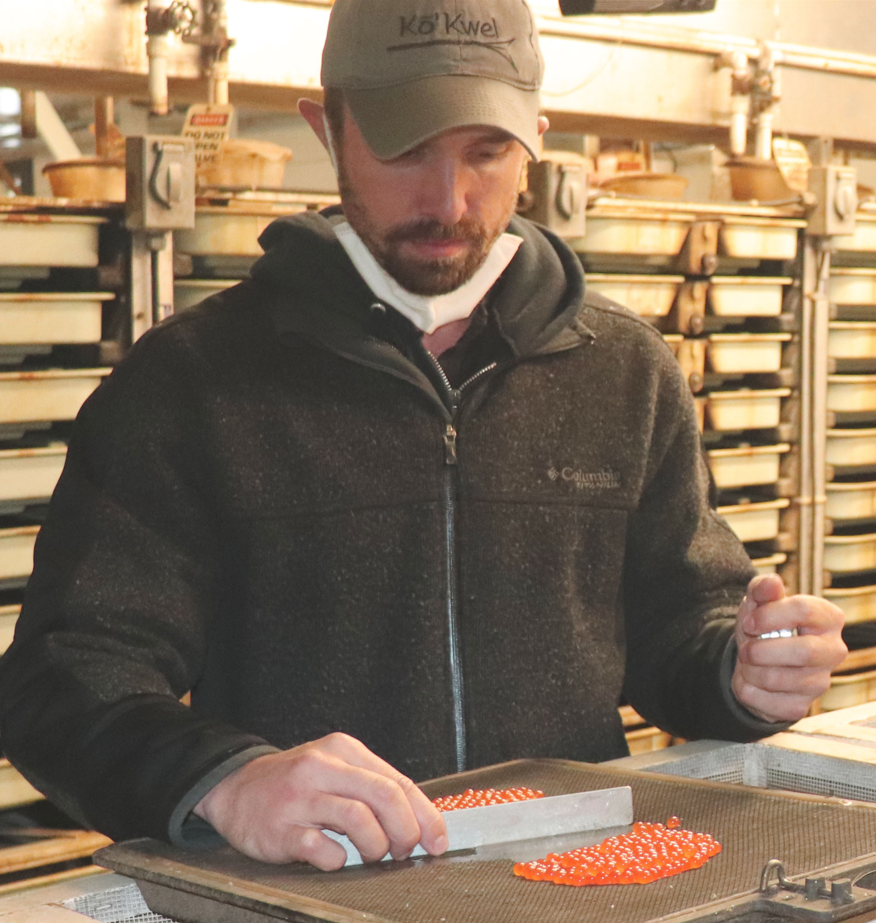
How it’s going
A cooperative effort of the Oregon Department of Fish and Wildlife, the Coquille Indian Tribe and local volunteers collected about 150 breeding pairs of fall Chinook salmon in 2022. That’s up from 24 pairs in 2021, and just three pairs in 2020. See details below.
Bandon hits the salmon jackpot in 2022 (Nov. 10, 2022)
2022 run looks stronger (Oct. 14, 2022)
Senate bill includes $750K for Coquille River (Aug. 1, 2022)
$100K grant targets invasive bass (Aug. 1, 2022)
Tribe launches first 1,000 salmon (June 16, 2022)
Hatchery gets a boost (Nov. 22, 2021)
Wet, chilly work (Nov. 1, 2021)
A hopeful start (Sept. 28, 2021)
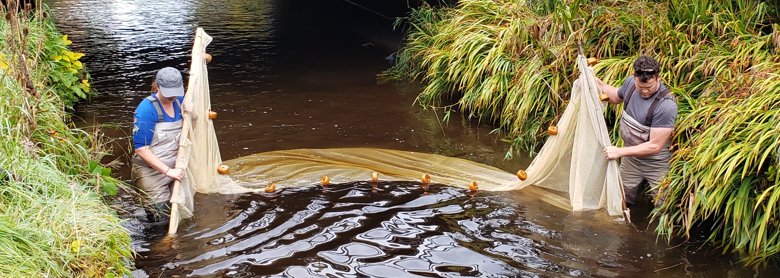
Ways you can help
- Volunteer to help – We’ll need help with the hatchery, habitat projects and more. Or just let us list you as a Community Partner.
- Catch some bass – Stripers and smallmouth bass are bad for salmon, but they’re good for dinner, and the Coquille River has no limit on them.
Community partners
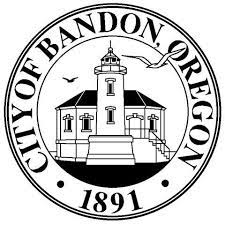
City of Bandon
“We join the Coquille Indian Tribe in sounding the alarm about the salmon’s plight.” Full text
_____________________________
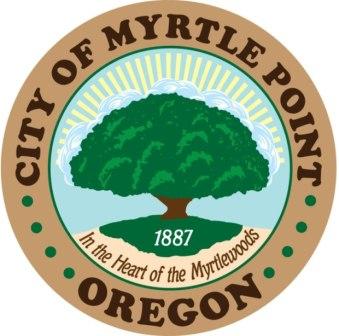
City of Myrtle Point
“In just the past decade, what previously was a lively sport fishery has dwindled to almost no fish at all.” Full text
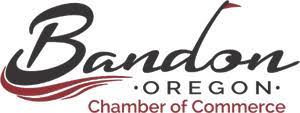
_______________________________
Bandon Chamber
“When the shocking news came this spring from ODF&W that the Coquille River would be completely closed to all salmon fishing in 2021, it spelled more disaster for our community.” Full text
___________________________
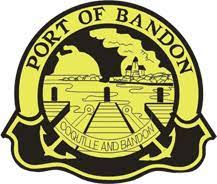
Port of Bandon
“We urge your support to rescue this ancient and cherished resource from extinction.” Full text
_____________________________
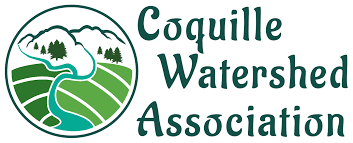
Coquille Watershed Association
“In the face of climate change, land use and water quality issues, it is critical to act now to reverse alarming trends in the watershed.” Full text
_____________________________
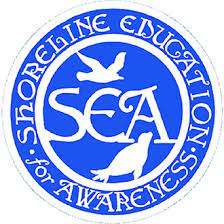
Shoreline Education and Awareness
“Limited resources have hobbled the Oregon Department of Fish and Wildlife efforts to restore the Coquille River’s Chinook population. The Coquille Tribe’s experience, motivation and resources are essential for restoring the salmon population in the river.” Full text
_____________________________
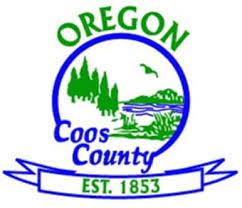
Coos County Commissioners
“Cooperative management offers our best possible hope for success in saving the fall-run Chinook salmon and improving the health the watershed.” Full text
___________________________________
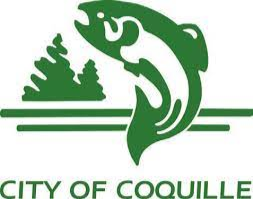
City of Coquille
“Combining resources and involving a more vested local voice and action plan can prove to be very effective.” Full text
______________________________________
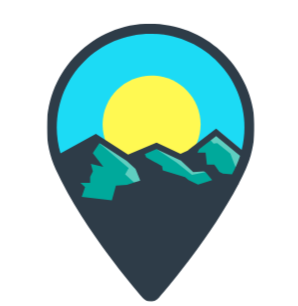
City of Powers
“We urge you to accept the tribe’s help and build an effective coalition to heal our watershed.” Full text
___________________________________
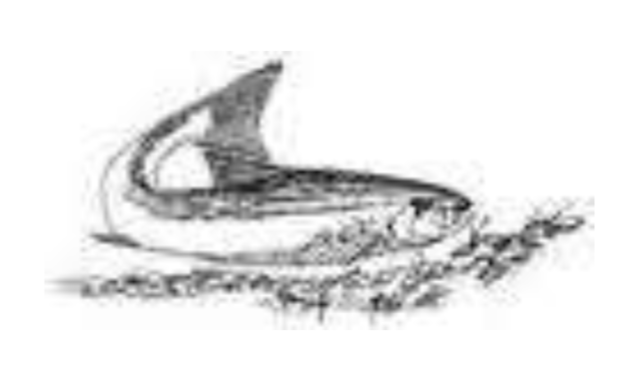
Port of Coquille River
“Already this fall, we are seeing positive results from the tribe’s participation and leadership in
organizing a cooperative local response.” Full text
___________________________________
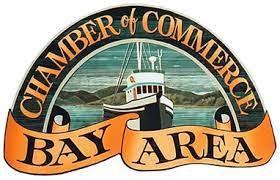
Bay Area Chamber
“We join other local voices to endorse the Coquille Tribe’s co-management proposal.” Full text
___________________________________
